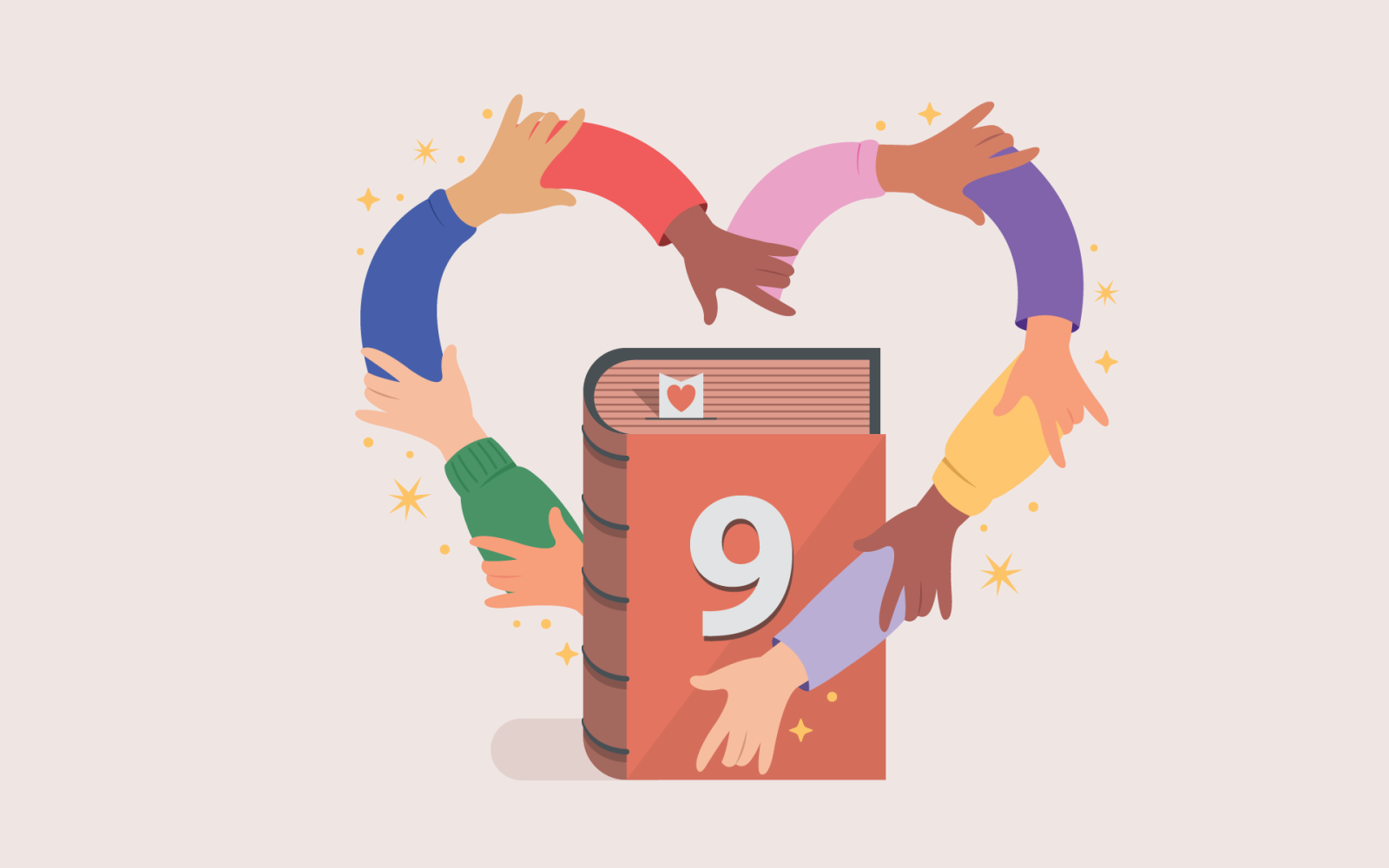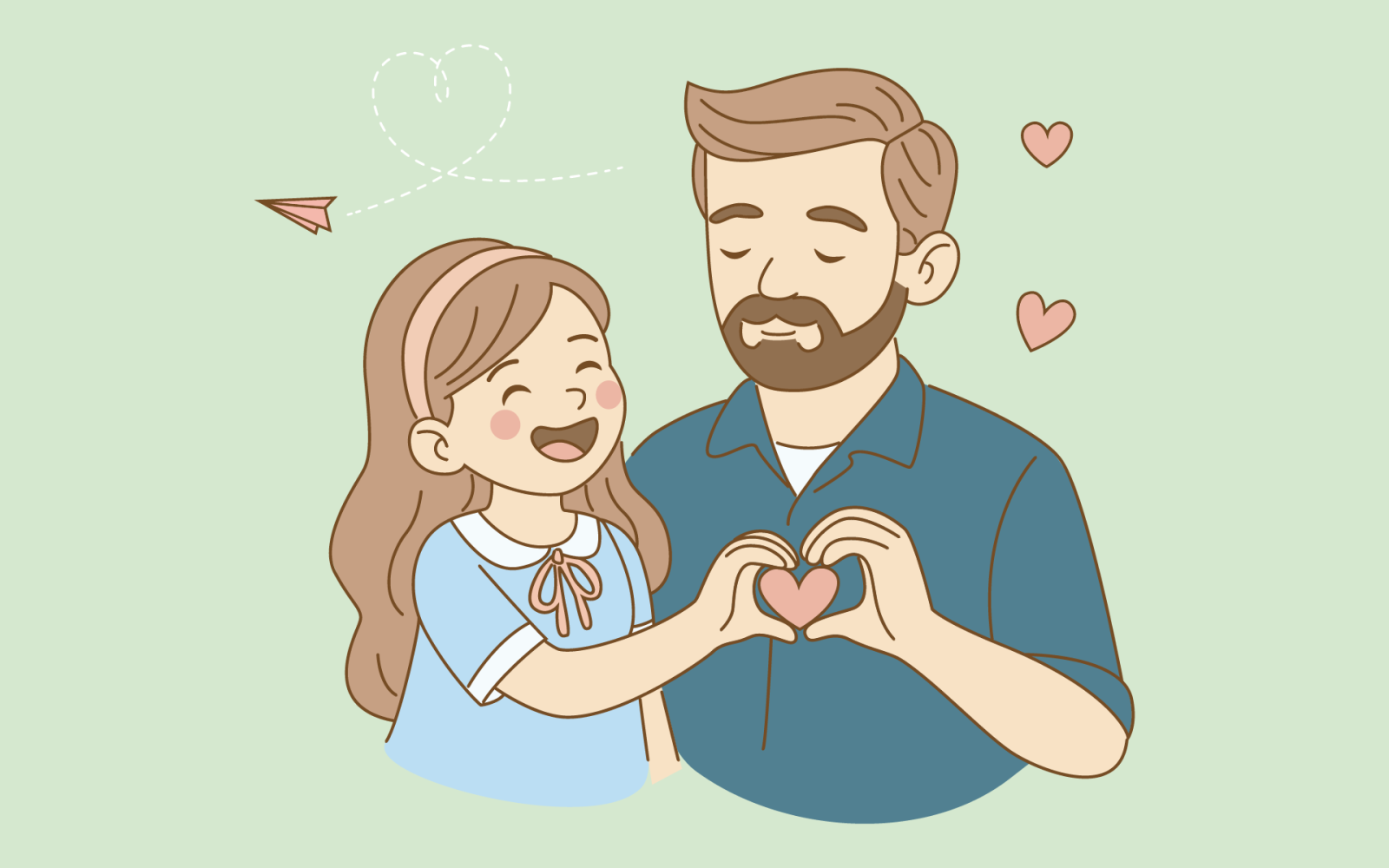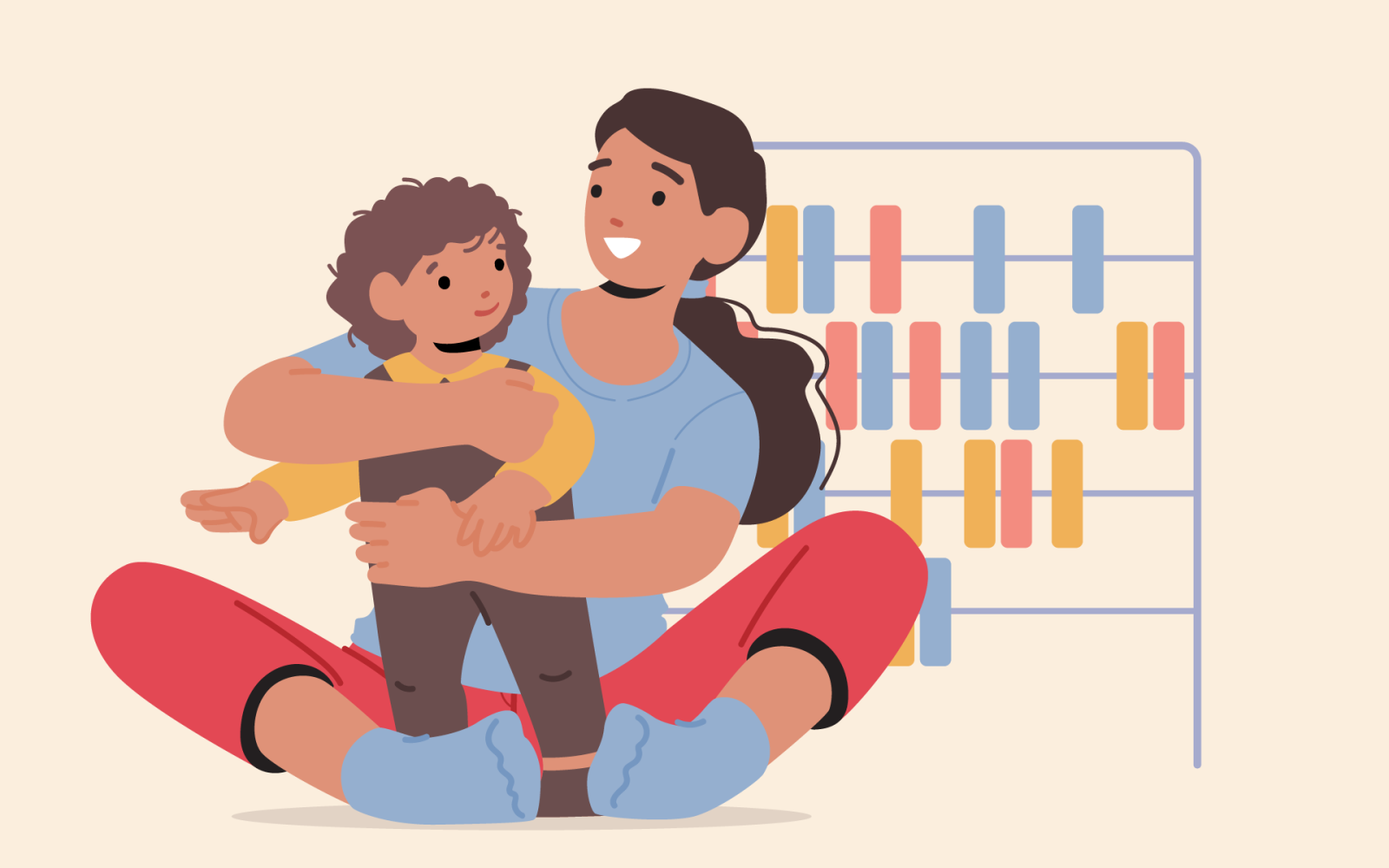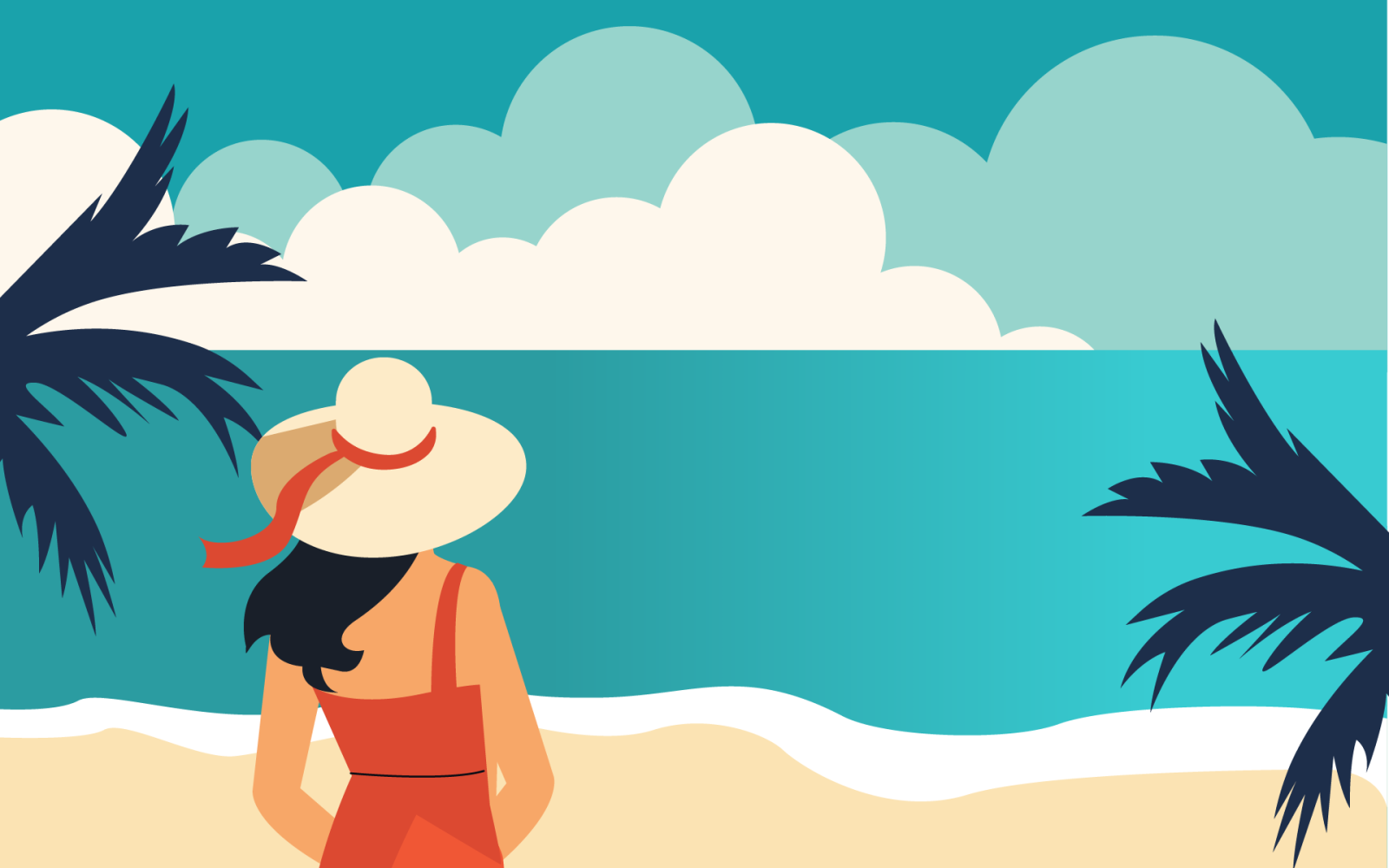Losing my job was the key to finding the new me

How I learned to rewrite the story of who I am.
About two years ago, something happened that I never thought was possible. I lost my job. To call it a single “job” isn’t quite accurate.
It was a patchwork of jobs, a mosaic of gigs and assignments. For almost three decades, I worked as a freelance feature writer for magazines.
I’d always managed to find work. I didn’t think it was even possible to “lose your job”. All it took, I thought, was a bit of hustle and connections.
Even after the near-collapse of South Africa’s magazine industry in the 2010s, there was still work to be found. I’d survived that. I assumed I’d survive anything.
But then, so gradually that I can’t pinpoint when it began, the work started to wither away.
The already-stagnant per-word rate slipped further, commissions shrank from monthly to bi-monthly, and then dwindled to an occasional email. Publishing houses trimmed their magazine portfolios.
The editors who had regularly commissioned me moved on, replaced by newcomers with smaller budgets, in-house interns who were paid peanuts, and a crew of favoured freelancers.
The steady stream of assignments from corporate clients and their in-house publications also evaporated.
It was grim. One tough month bled into another, then into months with no commissions at all.
Just like that, nearly 30 years of being a feature writer for hire dissolved into nothing. Certainly, nothing that could pay the bills.
It was a hard blow, but the real hardship proved to be different and deeper than I anticipated.
Losing your income is bad enough. Facing the stark reality that you might never earn a living again in your chosen industry is even worse.
But once I saw the full picture, and it took me a while, I was able to wrangle the practical side of things. Far more difficult to accept was the need to redefine myself.
For as long as I could remember, I had wanted to be a writer. As an adult, I threw my energy into achieving that dream.
I paid my way in life by writing. It wasn’t just what I did. It was how I interacted with the world, how I made connections and found new experiences.
Being a writer opened doors: the behind-the-scenes access, the voices I was privileged to hear, the chance to unravel mysteries, simply because I was “the writer.”
If someone asked, “So, what do you do?”, I took pleasure in saying, “I’m a writer.” People wanted to know more. They listened. I liked saying it. I liked what it meant about who I was.
“Writer” became my identity, and then, suddenly, technically, it wasn’t true. I wasn’t earning my living through writing anymore.
People would tell me, “But you’re still writing!” But to me, being a blogger didn’t count.
If I was going to survive, if I was going to make money again, I would have to become something else. This was harder on my mental health than any scramble for a paycheque. The transition was slow.
First, I needed to choose a new direction. I had to figure out what skills I needed, then learn them many years after I thought I was done with learning.
I had to teach myself, professionally and personally, to move forward, away from what I was and toward what I could become.
The hardest part was accepting that change was happening. I needed to embrace flexibility and adaptability, rather than clinging to an outdated version of myself, to an identity that no longer served me.
Thankfully, over time, it became easier. I discovered that I didn’t have to sever myself from my past to shape my future.
My value as a writer wasn’t contingent on being paid for it. It was in the writing itself. I learned that growth and evolution are “yes, and…” not “either/or.”
So now, when I meet someone and they ask, “What do you do?” I say, “Well, I’m a coach, and a writer.”
It’s working out. It’s better than okay. Embracing this mindset has freed me to grow.
Whatever comes next, I know this: the only thing that defines me, or limits me, is what I’m willing to believe about myself.




